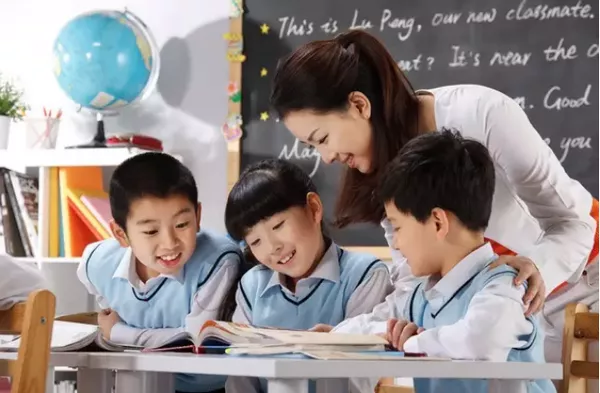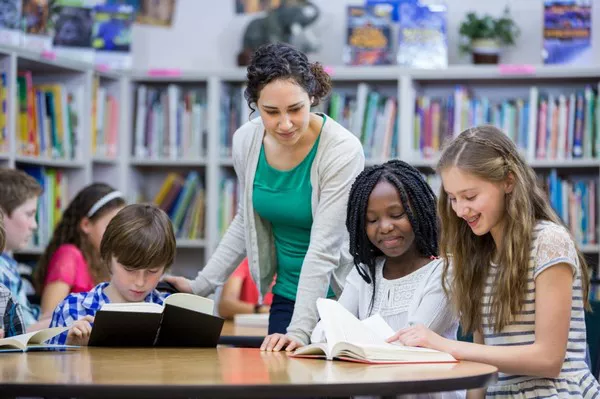A best friend relationship is one of the most cherished and influential connections we can have in our lives. Unlike casual friendships, a best friend relationship is marked by a unique blend of emotional intimacy, unwavering support, and mutual understanding. This deep bond often becomes a cornerstone of personal well-being and social stability. In this article, we will delve into the characteristics of a best friend relationship, how it develops, the psychological benefits it provides, and how it can be nurtured and maintained over time.
The Nature of a Best Friend Relationship
A best friend relationship is characterized by several key elements that distinguish it from other types of friendships:
1. Emotional Intimacy
At the heart of a best friend relationship is emotional intimacy. This level of closeness allows individuals to share their innermost thoughts, feelings, and experiences without fear of judgment. Best friends often confide in each other about their deepest fears, dreams, and vulnerabilities. This level of openness fosters a profound sense of trust and connection that is difficult to replicate in other relationships.
2. Unconditional Support
Best friends provide unwavering support in both good times and bad. They are the people who stand by us through challenges, celebrate our successes, and offer a listening ear when needed. This support is often unconditional, meaning that it does not depend on specific conditions or expectations. The reliability and dependability of a best friend are crucial components of the relationship.
3. Mutual Understanding
A best friend relationship is marked by a deep mutual understanding. Best friends often have a keen awareness of each other’s personalities, preferences, and quirks. This understanding allows them to anticipate each other’s needs and responses, often leading to a seamless flow of communication and interaction. This intuitive grasp of each other’s inner world enhances the overall quality of the relationship.
4. Shared Experiences
Shared experiences play a significant role in strengthening a best friend relationship. These experiences can range from everyday activities to major life events. The memories created through these shared moments help to solidify the bond between best friends and provide a common ground that enhances their connection. This shared history often becomes a source of comfort and nostalgia.
5. Mutual Growth
In a best friend relationship, both individuals often experience personal growth. Best friends challenge each other to be their best selves, provide constructive feedback, and offer encouragement. This mutual growth can lead to increased self-awareness, improved self-esteem, and a greater sense of personal fulfillment.
How Best Friend Relationships Develop
The development of a best friend relationship typically follows a series of stages, each contributing to the deepening of the bond:
1. Initial Connection
The journey toward a best friend relationship often begins with an initial connection. This connection may stem from shared interests, common experiences, or serendipitous encounters. During this early stage, individuals begin to form a foundation for the relationship, exploring their compatibility and establishing the groundwork for deeper interactions.
2. Building Trust
As the relationship progresses, trust becomes a critical component. Building trust involves demonstrating reliability, honesty, and consistency. Trust is cultivated through positive interactions, shared experiences, and open communication. This stage is essential for laying the groundwork for emotional intimacy and support.
3. Deepening Bond
Once trust is established, the relationship begins to deepen. This stage involves increased emotional intimacy, where individuals start to share more personal and vulnerable aspects of themselves. The bond becomes stronger as individuals begin to confide in each other and offer support during challenging times.
4. Navigating Conflicts
No relationship is without its challenges, and a best friend relationship is no exception. Navigating conflicts and disagreements is an important part of the process. How best friends handle conflicts—through open communication, empathy, and resolution—can significantly impact the strength and longevity of the relationship.
5. Maintaining the Connection
Maintaining a best friend relationship requires ongoing effort and commitment. Regular communication, spending quality time together, and expressing appreciation are essential for sustaining the bond. Best friends must also be willing to adapt and grow as individuals, allowing the relationship to evolve over time.
See Also: How to Keep Attraction in a Long-Distance Relationship?
Psychological Benefits of a Best Friend Relationship
Having a best friend offers numerous psychological benefits that contribute to overall well-being and mental health:
1. Reduced Stress
A strong best friend relationship can serve as a buffer against stress. The emotional support and understanding provided by a best friend can help individuals cope with life’s challenges more effectively. Research has shown that having a close friend can lower levels of cortisol, the stress hormone, and contribute to overall stress reduction.
2. Enhanced Self-Esteem
The support and validation received from a best friend can boost self-esteem and self-worth. Knowing that someone believes in you and values you for who you are can reinforce a positive self-image. This enhanced self-esteem can have a ripple effect on other areas of life, including personal and professional pursuits.
3. Increased Happiness
Best friend relationships are associated with increased levels of happiness and life satisfaction. The joy and fulfillment derived from spending time with a best friend, sharing experiences, and providing support contribute to a more positive outlook on life. Studies have shown that individuals with close friends are generally happier and more satisfied with their lives.
4. Improved Resilience
Having a best friend can improve resilience by providing a source of emotional support during difficult times. Best friends offer a sense of stability and reassurance, helping individuals navigate challenges with greater ease. This resilience is particularly valuable in managing stress and overcoming adversity.
5. Stronger Social Connections
A best friend relationship often leads to stronger social connections and a more extensive social network. The support and encouragement from a best friend can foster a sense of belonging and connectedness, which is essential for overall well-being. This expanded social network can also provide additional sources of support and companionship.
Nurturing and Maintaining a Best Friend Relationship
To ensure that a best friend relationship remains strong and fulfilling, it is important to invest in its ongoing development and maintenance:
1. Effective Communication
Open and honest communication is crucial for maintaining a healthy best friend relationship. Expressing thoughts and feelings, actively listening, and addressing any issues or concerns are essential components of effective communication. This helps to prevent misunderstandings and strengthen the bond between best friends.
2. Quality Time
Spending quality time together is vital for nurturing a best friend relationship. Engaging in shared activities, celebrating milestones, and simply enjoying each other’s company can enhance the connection and reinforce the bond. Quality time also provides opportunities for meaningful conversations and deeper understanding.
3. Expressing Appreciation
Expressing appreciation and gratitude is an important aspect of maintaining a best friend relationship. Acknowledging and valuing each other’s contributions and support helps to strengthen the bond and reinforce the positive aspects of the relationship. Simple gestures of appreciation, such as heartfelt messages or thoughtful gestures, can make a significant impact.
4. Being Supportive
Being a supportive and reliable friend is essential for maintaining a strong best friend relationship. Offering encouragement, providing emotional support, and being there during challenging times are key aspects of being a best friend. This mutual support helps to reinforce trust and deepen the connection.
5. Handling Conflicts Constructively
Conflicts and disagreements are a natural part of any relationship. Handling conflicts constructively involves addressing issues openly, seeking resolution, and maintaining respect for each other’s perspectives. Constructive conflict resolution helps to strengthen the relationship and build resilience.
6. Embracing Change
Best friend relationships, like all relationships, evolve over time. Embracing change and being adaptable is important for sustaining the bond. As individuals grow and change, it is essential to support each other’s growth and adapt the relationship to accommodate new circumstances.
Conclusion
A best friend relationship is a profound and multifaceted connection that offers emotional intimacy, unconditional support, and mutual understanding. The development of such a relationship involves stages of connection, trust-building, and deepening bonds. The psychological benefits of having a best friend, including reduced stress, enhanced self-esteem, increased happiness, improved resilience, and stronger social connections, contribute to overall well-being and mental health.
Maintaining a best friend relationship requires ongoing effort, effective communication, quality time, appreciation, support, and constructive conflict resolution. By nurturing and investing in this valuable connection, individuals can cultivate a lasting and fulfilling best friend relationship that enriches their lives and supports their emotional and psychological well-being.
Related topics:


















